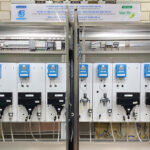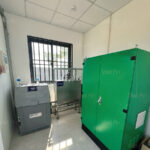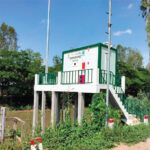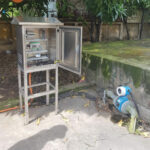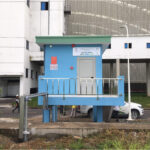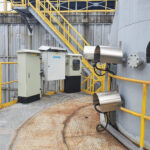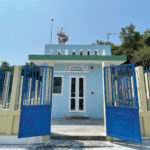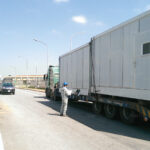Leading in Vietnam
Environmental monitoring solutions & Online instrumentation for Process
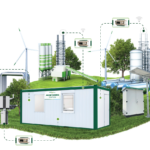
Business Areas
Include the following areas: water supply, wastewater, environment, energy, cement, paper, F&B, life sciences, semiconductors, plastics, oil & gas, and chemicals.
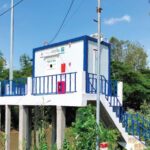
Monitoring stations
Automatic and intelligent environmental monitoring systems

Field instruments
For process automation industries

Specific solutions
For all industries
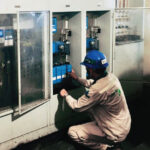
After sales service
Maintenance, diagnostic & repair, calibration, operational & remote assistance
Product Range
The Integrated IoT Platform For Your Business
Managing & Monitoring Environmental IoT Data Real Time & Data-Based Smart Decisions.

Market leader in automatic environmental monitoring solutions and Process

1
One-stop solution

5
Offices all over Vietnam
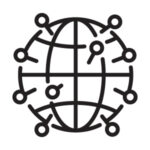
20+
Partners from countries in the G7

250+
Experienced staff across 3 regions

1000+
Automatic and intelligent monitoring stations installed all over Vietnam

EU/G7
The products made in EU/G7 ensures the worldclass quality
Typical Projects
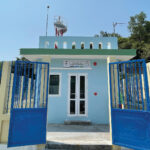
Lắp đặt trạm quan trắc không khí xung quanh tại tỉnh Khánh Hòa
Service:iMisff 8101 AQ - Air Quality monitoring solution
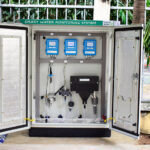
Hoàn thành trạm quan trắc chất lượng nước trong 24 giờ
Service:iMisff 2101 DW - Drinking Water monitoring solution
Our Customers









